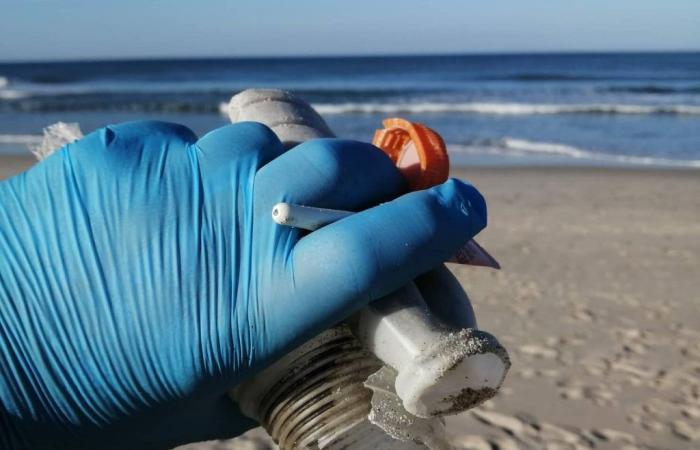A team from the Center for Molecular and Environmental Biology (CBMA) at the School of Sciences at the University of Minho identified a group of yeasts and bacteria capable of degrading plastic.
The result is very promising and enhances microorganisms as a sustainable alternative in the fight against global plastic pollution and remember that in 2016 bacteria capable of eating had already been detected and which was named by Ideonella Sakaiensis.
A team from the Center for Molecular and Environmental Biology (CBMA) at the School of Sciences at the University of Minho has identified a group of yeasts and bacteria capable of degrading plastic. The CBMA team at UMinho now wants to delve deeper into the biological mechanisms involved in degradation and find other microorganisms that accelerate this degradation process.
The study began in 2021 and resulted in particular from the master’s thesis in Applied Biochemistry by João Gomes, which was supervised by Raúl Machado and Isabel Soares-Silva, the partnership with the company Vizelpas and European funding through the scientific projects Ecobib and River2Ocean.
“Plastics are widely used around the world because they are resistant and cheap, replacing other materials, but they increasingly accumulate in the environment, with negative effects on ecosystems, the economy and health”, says João Gomes.
His research applied various yeasts and bacteria to degrade polyethylene, one of the main and very polluting ones, as it has low biodegradability.
It was concluded that Yarrowia lipolytica and Pseudomonas aeruginos attached themselves to the surface of the plastic, formed biofilms (first phase of degradation) and produced enzymes that “fed” on the plastic, decomposing it.
Microplastics have been detected in human placenta and breast milk, but also in foods such as water, salt, shellfish, packaged products and bottled drinks, among others.
Its biodegradation “can involve microorganisms equipped with enzymes that break the bonds of plastic polymers and transform them into carbon dioxide, water and microbial biomass”, says João Gomes.






